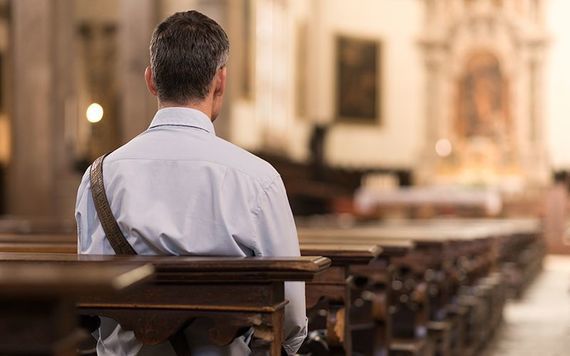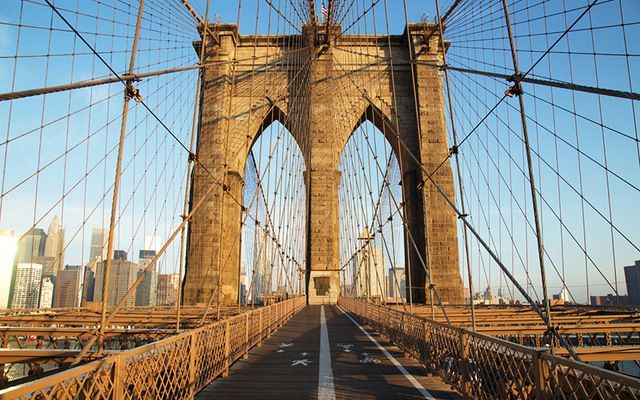ACCORDING to an online biography, U.S. Court of Appeals Judge Diarmuid Fiontainn O'Scannlain grew up in New York City speaking Gaelic as a first language.
His father, Sean, was from Co. Sligo, while his mother, Moira, came from Co. Derry.
O’Scannlain went on to graduate from St. John’s University, then Harvard Law School, before being appointed to the bench by Ronald Reagan.
Toss in O'Scannlain’s membership in the conservative Federalist Society and it should be no surprise that the language O’Scannlain was speaking late last month was that of religious discrimination.
Several religious organizations went to court, arguing that California Governor Gavin Newsom’s plan to deal with Covid-19 made it impossible for them to worship. O’Scannlain -- like the Supreme Court, more recently -- agreed.
“California’s uniquely severe restrictions against religious worship services, including its total ban against indoor worship in nearly the entire state, are patently unconstitutional,” O’Scannlain wrote.
For a long time, conservatives have gotten a lot of mileage out of the charge that Democrats are anti-religious. It’s often ridiculous, especially from a group who did an awful lot to make the Covid crisis worse, not better.
Still, some progressives are a bit too proud of their hostility toward religion.
That’s a mistake. If Democrats want to take some of their success in Washington out to the rest of the country, they need to do what Joe Biden has done -- figure out how to speak a genuine language of faith.
Look no further than a Wall Street Journal analysis written this week by veteran Vatican watcher Francis X. Rocca.
Entitled “Can Catholic Social Teaching Unite a Divided America?”, the article suggests common ground can be found among liberals and conservatives.
“Catholic social teaching has historically been more influential in Europe and Latin America than in the U.S. But some on both sides of the aisle...say its concepts are especially needed at this fractured moment in American politics,” Rocca writes.
Georgetown University’s John Carr, who has worked closely with U.S. bishops, said, “If you’re looking for a way to bridge differences…Catholic social teaching offers a path forward that challenges both right and left and calls us to work together for the common good.”
A notably more conservative professor, Harvard’s Adrian Vermeule, adds, “In a society with very few strong moral paradigms left, Catholic social thought is a well-organized tradition that has something for both left and right. Catholicism...is becoming something like an organizing common language for a great deal of American public life.”
There’s one small problem, of course. This potential moment of unity comes as Irish Americans and others abandon the Catholicism of their ancestors in droves, and for plenty of good reasons.
Still, if recent years have taught us anything, it’s that history does not move in a line from a messy beginning to a neat end. There are all kinds of twists and turns and, let’s face it, no simple end in sight.
And so maybe Biden – Mass-goer, St. Augustine quoter, Pope Francis lover -- will inspire some to return to the religion of their youth.
And don’t discount the influence of more recent immigrants either. They and their children tend to be among the more religious communities in the U.S.
Maybe the “tolerant” folks who are always yammering on about “diversity” will actually come to appreciate a central component in the lives of the folks they take so much pride in defending.
Then there is old-school politics. It turns out that Donald Trump, for all of his anti-immigrant rants, did surprisingly well in certain Hispanic and even Muslim enclaves.
That surely has something to do with Republicans speaking the language of faith more comfortably.
Now if only they could figure out the language of Covid.
(Contact “Sidewalks” at tdeignan.blogspot.com)




Comments